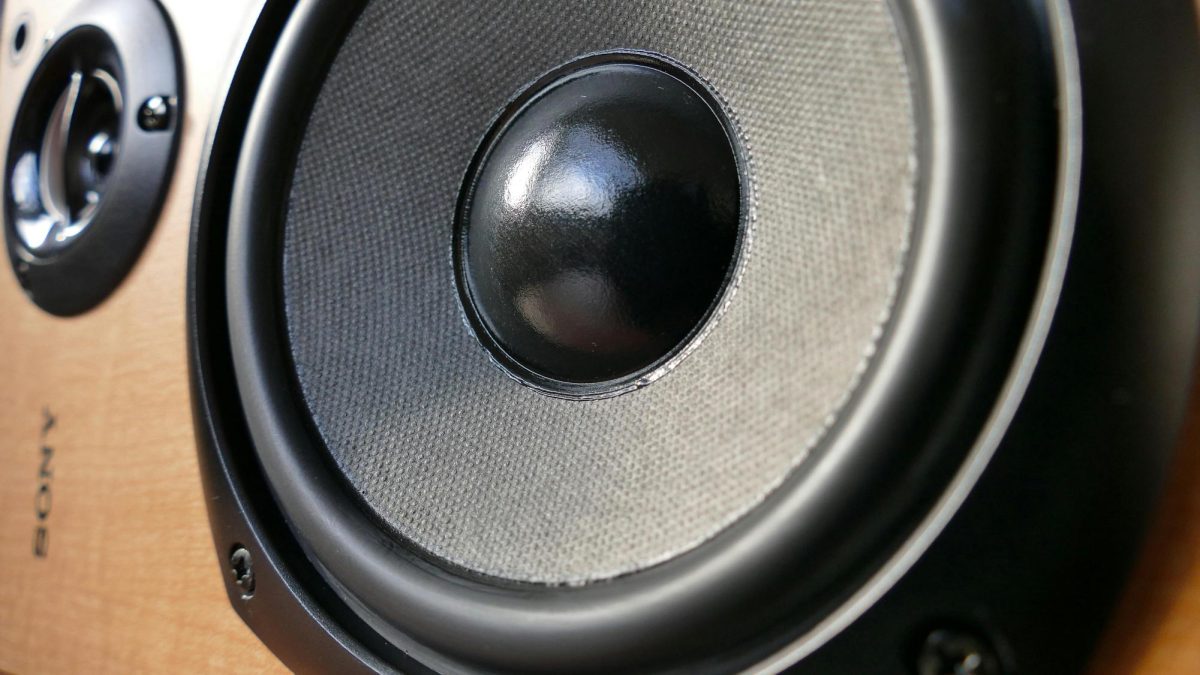Seasonal Depression and How to Help Avoid It
November 16, 2022
Seasonal affective disorder, more commonly known as seasonal depression, is a type of depression related to changes in the seasons. Though it is most common in the winter months, seasonal depression can occur during any season. Though symptoms may start off kind of weak, there is the possibility of them becoming more severe and having a large effect on simple, day to day things. Having bad days is normal, but if the feeling continues for days at a time, it is important to keep up your mental health and find solutions to help you feel better. Symptoms of winter seasonal depression are oversleeping, appetite changes, weight gain, and a lack of energy and interest in day to day life.
Seasonal depression, specifically in the winter, has been linked to a reduced exposure to sunlight affecting different parts of your body. This includes an increased melatonin production, which makes you feel sleepier than normal. It increases serotonin production, affecting your mood, appetite, and sleep. Lastly, it disrupts your body’s internal clock, leading to symptoms of seasonal depression. Cases of seasonal depression can also run in families, so people can be more vulnerable to it because of their genes. General symptoms of seasonal affective disorder include having difficulty concentrating, a persistent low mood, having low energy, feeling hopeless or worthless, and loss of interest in everyday activities. These are not all of the symptoms, as they do vary depending on which season when it occurs, and how severe the symptoms become.
Treating seasonal affective disorder is very important because of its effects on peoples’ work, relationships, and personal lives. If you find yourself experiencing symptoms of seasonal depression, the first thing you should do is talk to a healthcare provider. By talking to a mental health professional, they can help diagnose you and find a treatment that will help you. You can also try some lifestyle changes to help prevent seasonal depression. There are several different areas of your life you can change to help your wellbeing in the winter months.
To help your physical wellbeing, have a healthy amount of exercise, and keep up a healthy diet. These two things will elevate your mood and energy levels. You should also avoid sleeping during the day and drinking too much caffeine. For your social life, make sure to keep up contact with family and friends. This is so important, even if it’s just a phone call or sending a message. Doing this can also help boost other peoples’ moods. Other small things like spending a few minutes outside and sticking to a schedule can help you avoid isolation and keep you feeling refreshed. No matter what you do, the important thing is to get help. Seasonal affective disorder is a form of depression, and limits people’s lives. Use these methods or find other ways to avoid seasonal depression this winter.






















